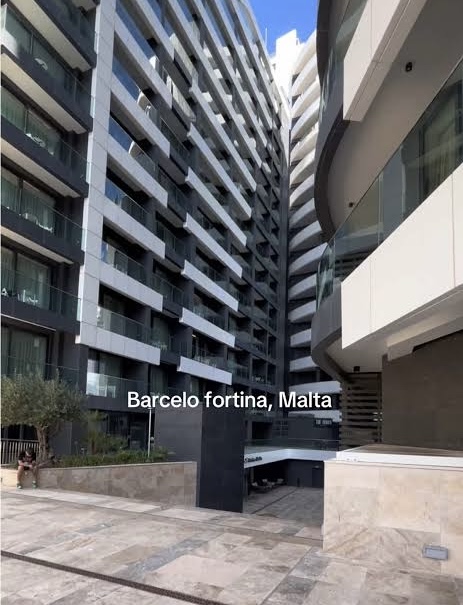Over the past months, much has been said and written about the Fortina case. Unfortunately, most of it has been based on half-truths, political spin, and selective outrage. But the facts — now backed by independent expert analysis — tell a completely different story.
The truth is simple: Fortina did not benefit. Fortina overpaid.
In 2019, the Fortina Group paid €8.1 million to the Government for the waiver of certain outdated conditions on its privately owned site in Sliema. Yet new expert evidence, presented to the Parliamentary Committee, shows that this payment was well above fair market value and far beyond what any reasonable or lawful valuation would have required.
Expert Analysis Confirms Overpayment
The expert report commissioned by Fortina shows that, when calculated correctly, the fair market value for the waiver should have ranged between €3.5 million and €7.4 million — not €8.1 million.
Even more telling is what happens when we apply today’s legal valuation rules (LN 196 of 2024 and LN 75 of 2025), which are far more transparent and consistent. Under this current legal framework, the same waiver would have cost a maximum of €4.7 million — a difference of €3.4 million less than what Fortina actually paid in 2019.
So let’s be clear: Fortina did not get any favour. On the contrary, it was penalised by paying millions more than what the law or any sound valuation principle would demand.
NAO’s Flawed Valuation
The expert analysis dismantles the methodology used by both the Auditor and the National Audit Office (NAO). It exposes a series of fundamental errors that artificially inflated the value:
• The use of 2019 prices instead of 2017, which added over €3 million to the total.
• Incorrect deductions based on “airspace value” rather than actual hotel value — a mistake that undervalued the property by several million.
• The omission of sales tax deductions and inconsistent net present value calculations, both of which further inflated the outcome.
These are not minor issues. They go to the heart of fairness and legality. Even the NAO’s own report raises questions about compliance with the Government Lands Act, yet the political narrative conveniently ignores that part.

A Question of Fairness, Not Favouritism
Fortina has owned this property for decades — since the 1960s. Over the years, the company has invested heavily in its development, expansion, and transformation into one of Malta’s leading hospitality and mixed-use projects.
When outdated restrictions were lifted in 2019, Fortina paid in full — and now it turns out, it paid far more than fair value. To suggest that the company received preferential treatment is absurd. No other developer in Malta has paid compensation of this magnitude for a waiver of obsolete conditions.
The Real Lesson
This issue is not just about Fortina. It is about transparency, consistency, and fairness in how public valuations are carried out.
When experts find that official valuations contained major errors and inflated assumptions, it is the duty of Parliament — and of any fair-minded observer — to take that seriously.
Fortina’s request is reasonable: that the facts be properly recognised, and that the record reflects the truth. The company acted in good faith, complied with all procedures, and ended up paying far above fair value.
The numbers do not lie. The Fortina case should not be twisted into another headline for political mileage — it should serve as a wake-up call for transparency and justice in how valuations are conducted in Malta.





